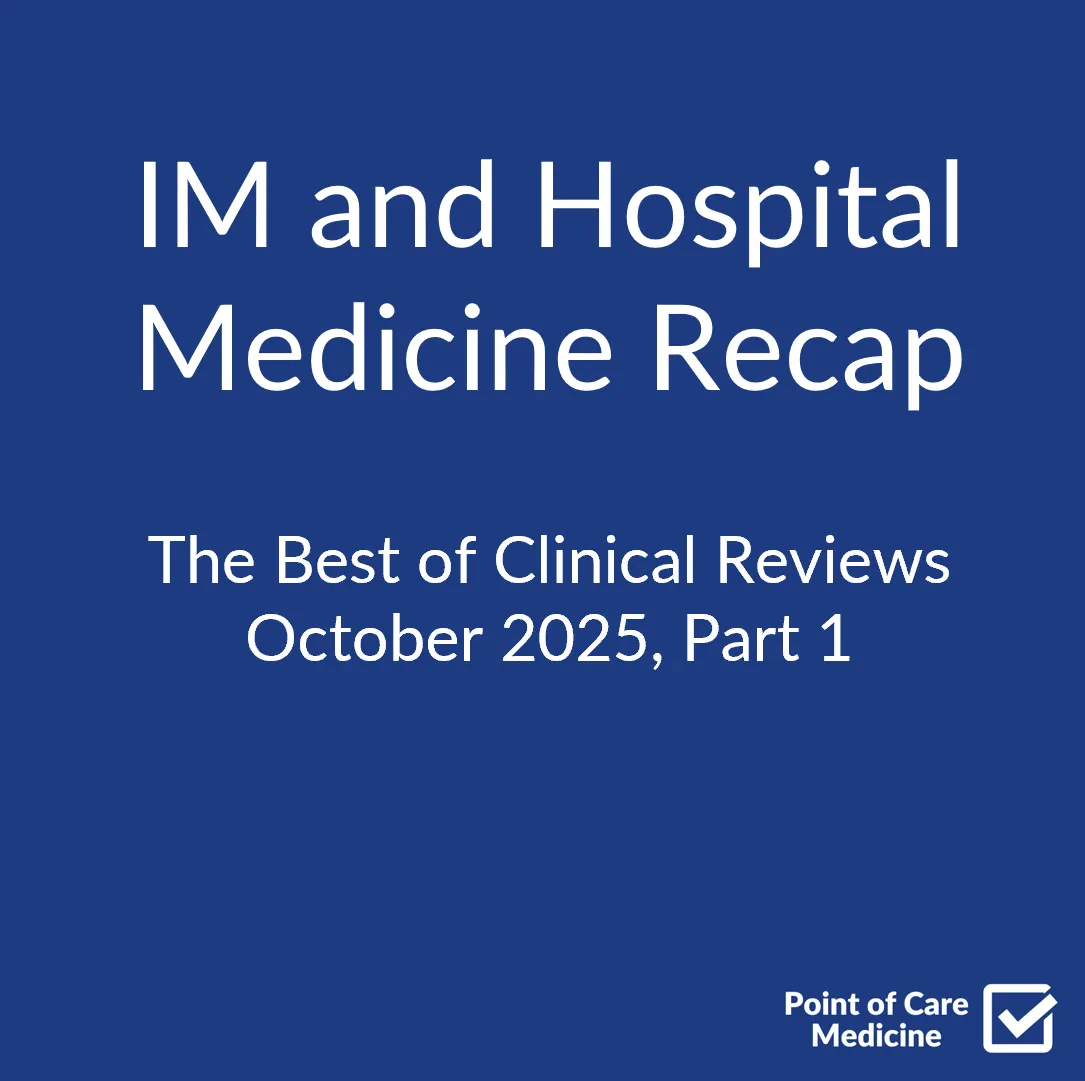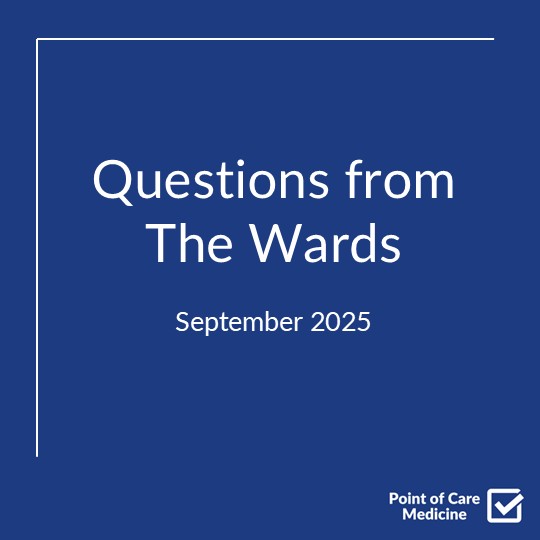Vignette:
A 38-year-old woman presents to the emergency department with acute onset dyspnea and pleuritic chest pain. She has a history of triple-positive antiphospholipid syndrome (positive lupus anticoagulant, high-titer anticardiolipin antibodies, and high-titer anti-β2-glycoprotein-I antibodies) diagnosed after two prior pregnancy losses. She has no other medical conditions. CT pulmonary angiogram confirms bilateral pulmonary emboli. Vital signs: BP 122/78 mmHg, HR 92/min, RR 20/min, O2 saturation 95% on room air. Laboratory studies show normal complete blood count, comprehensive metabolic panel, and troponin. Echocardiogram shows normal right ventricular function.
Question:
Which of the following is the most appropriate long-term anticoagulation strategy for this patient?
A) Rivaroxaban 15 mg BID for 21 days followed by 20 mg daily
B) Warfarin with target INR 2-3
C) Apixaban 10 mg BID for 7 days followed by 5 mg BID
D) Low molecular weight heparin
E) Dabigatran 150 mg BID
Audio
Video
Correct Answer:
B) Warfarin with target INR 2-3
Explanation of Correct Answer:
This patient requires warfarin because:
- Triple-positive antiphospholipid syndrome (APS) is associated with high thrombotic risk
- Clinical trials have shown higher thrombotic risk with DOACs in APS
- Warfarin has proven efficacy in APS with good long-term outcomes
- Regular INR monitoring helps ensure therapeutic anticoagulation
- Standard intensity (INR 2-3) is appropriate for venous events
Explanation of Incorrect Answers:
A) Rivaroxaban - The TRAPS trial showed increased thrombotic risk with rivaroxaban in triple-positive APS patients.
C) Apixaban - DOACs have not been proven safe or effective in triple-positive APS.
D) LMWH - While effective, not practical for long-term use when warfarin is an option.
E) Dabigatran - Like other DOACs, not recommended in triple-positive APS due to lack of evidence and potential increased risk.
Alternative Scenarios:
- If patient had single or double-positive APS, a DOAC might be considered
- If patient was pregnant, LMWH would be the anticoagulant of choice
- If patient had mechanical valve with APS, higher intensity warfarin (INR 2.5-3.5) would be indicated
Additional Facts:
- Triple-positive APS has highest thrombotic risk among APS patients
- TRAPS trial was terminated early due to excess events in rivaroxaban arm
- Regular INR monitoring helps detect antiphospholipid interference with testing
- Warfarin resistance can occur in APS requiring higher doses
- Bridge therapy with heparin/LMWH needed until therapeutic INR achieved
Main Takeaway:
Patients with triple-positive antiphospholipid syndrome who develop thrombosis should receive warfarin rather than DOACs due to proven efficacy and safety concerns with DOACs in this population.






.png)
